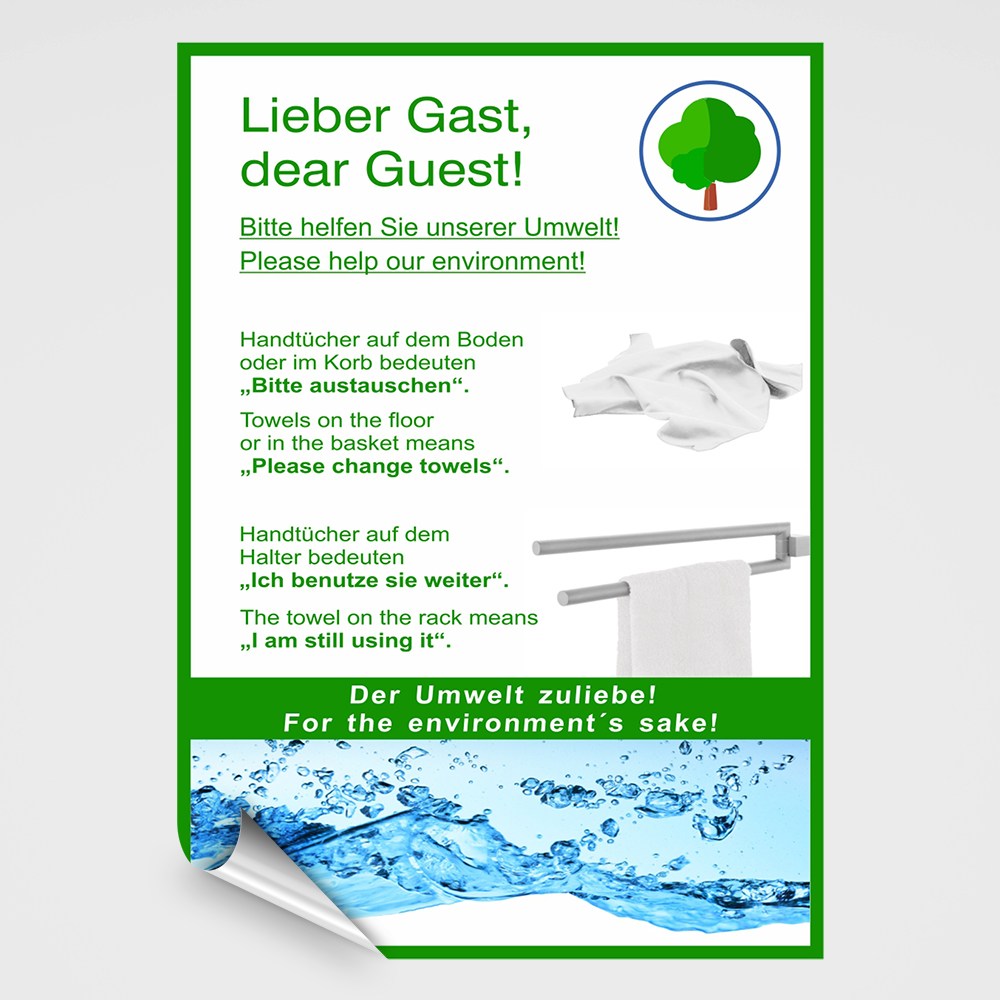Business Psychology
Business psychology. It sounds scientific to some, maybe even dry to others, and yet we are confronted with it every day. Why is some packaging square and others round? Why are the lamps in a different color at the meat counter or why does a shopping trolley have a sloping bottom? Sometimes you think that’s just the way it is. Wrong thought!
In all things that involve humans, psychological effects inevitably play a role. We are controlled by subconscious but also partly learned mechanisms without really noticing it. So people in uniform are more likely to believe and follow than people in civilian clothes.(https://www.researchgate.net/publication/261402118_The_Social_Power_of_a_Uniform’). But a suit, glasses or body shape also influence a person’s credibility. Even if we sometimes can’t fully explain it, we can at least understand it in some situations.
But it doesn’t stop there. The way texts are written, products are formed, buildings are constructed and websites are designed influence our perception.
Large corporations and companies spend millions on the perfect “manipulation” in order to display the product as perfectly as possible and thus sell it. From the solubility of the McDonald’s burger bun in the mouth to the coordinated scent in rooms to encourage the desire to buy: we cannot escape these effects and influences. But we can learn to deal with it. And why shouldn’t we use it to do good?
Sustainability is often associated with doing without, but that’s exactly where the problem lies: doing the “right thing”, in this case, for example, living healthily, doing sports or consuming sustainably, is often associated with effort and is considered “boring , dreary, less-fun” variant.
And so the head knows that it would be the right thing to do, but the stomach just doesn’t cooperate. Thus the yo-yo diets and underutilized gym memberships were born.
With a sustainable lifestyle, the charm and atmosphere of the old and familiar is often lost. For example, the blazing fireplace is replaced by an air heat pump. However, humans themselves are creatures shaped by automatisms (Robert B. Cialdini, 2001) and require a high level of energy to accept changes. Due to the fast pace of our time, when faced with an overwhelming flood of information, people quickly resort to the single-piece-of-good-evidence approach (Cialdini, 2001). And here, due to the misjudgments, wrong decisions are often made. Once you have heard that an electric car is no better than a petrol engine, it takes a lot of energy to change this (wrong) assumption again.
People who are unrelated to the topic ultimately lack the “social reliability” of new technologies: A decision to act sustainably is often linked to people in the social environment, as they create the introduction to the topic. As a hotel, we see ourselves in a position to do just that with good storytelling. With room design concepts such as biophilic design, feng shui and the Japanese wabi-sabi, we tried to create an atmosphere that creates a new appealing comfort despite the lack of a “blazing fireplace”.
Leave towels hanging.
Who does not know the classic stickers in the hotel, which are intended to encourage people to leave their towels hanging in the bathroom and thus behave in an environmentally friendly manner. These are often designed to be very emotionless and give you the feeling that you have to do dispense with something in order to be sustainable.
However, we use our knowledge of business psychology and want to give our guests a positive feeling when they behave in an environmentally friendly way!
Therefore, our stickers are designed slightly differently.


And now our question: Which sticker gives you a better feeling? We hope the decision is clear! But it is also important to know that all these effects and influencing factors are not a guarantee, we can still make completely different decisions than science predicts. Because we are all shaped by individual experiences and despite the frequent pigeonhole thinking: you, me, we are unique.
This is just one of many examples where we draw on the fundamentals of business psychology.
For us, (business) psychology means understanding why people/customers do what they do. We use these principles to make the topic of sustainability more attractive and to create incentives to behave in a more environmentally conscious manner as people and consumers. However, the fact that this can be a major challenge, especially when it comes to sustainability, is shown by the Attitude-Behaviour-Gap. Although many people now have the intention to behave more sustainably, their actual actions deviate greatly from this intention.
If you find the topic as exciting as we do, look for the following topics:
- principle of reciprocity
- complaint paradox
- Persuasive Design
- Intrinsic motivation
Our book recommendation:
Robert B. Cialdini – The Psychology of Persuasion. A textbook for anyone who w.ants to find out about their fellow human beings and themselves.
Implementation period: Continuous
SDGs: 12



